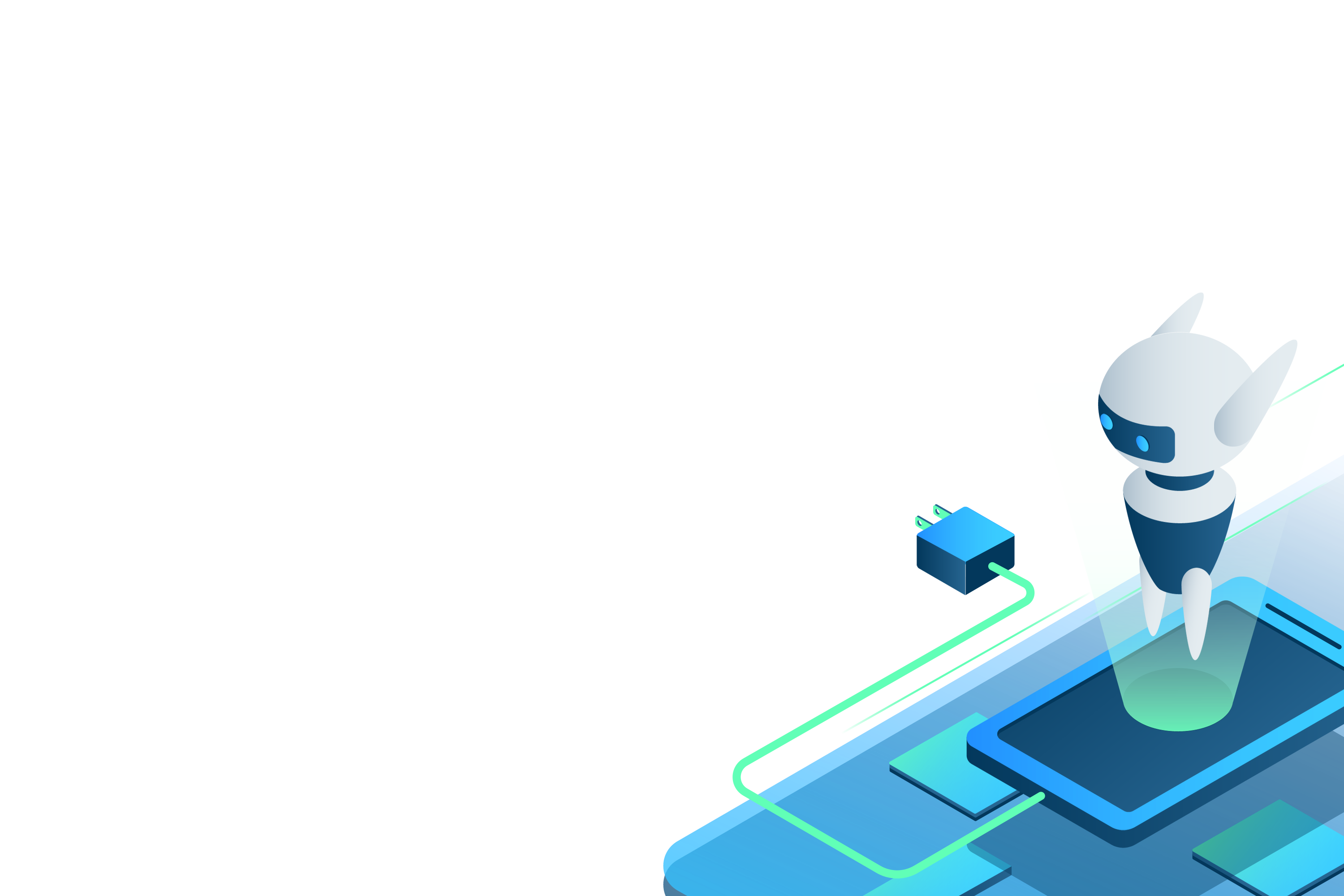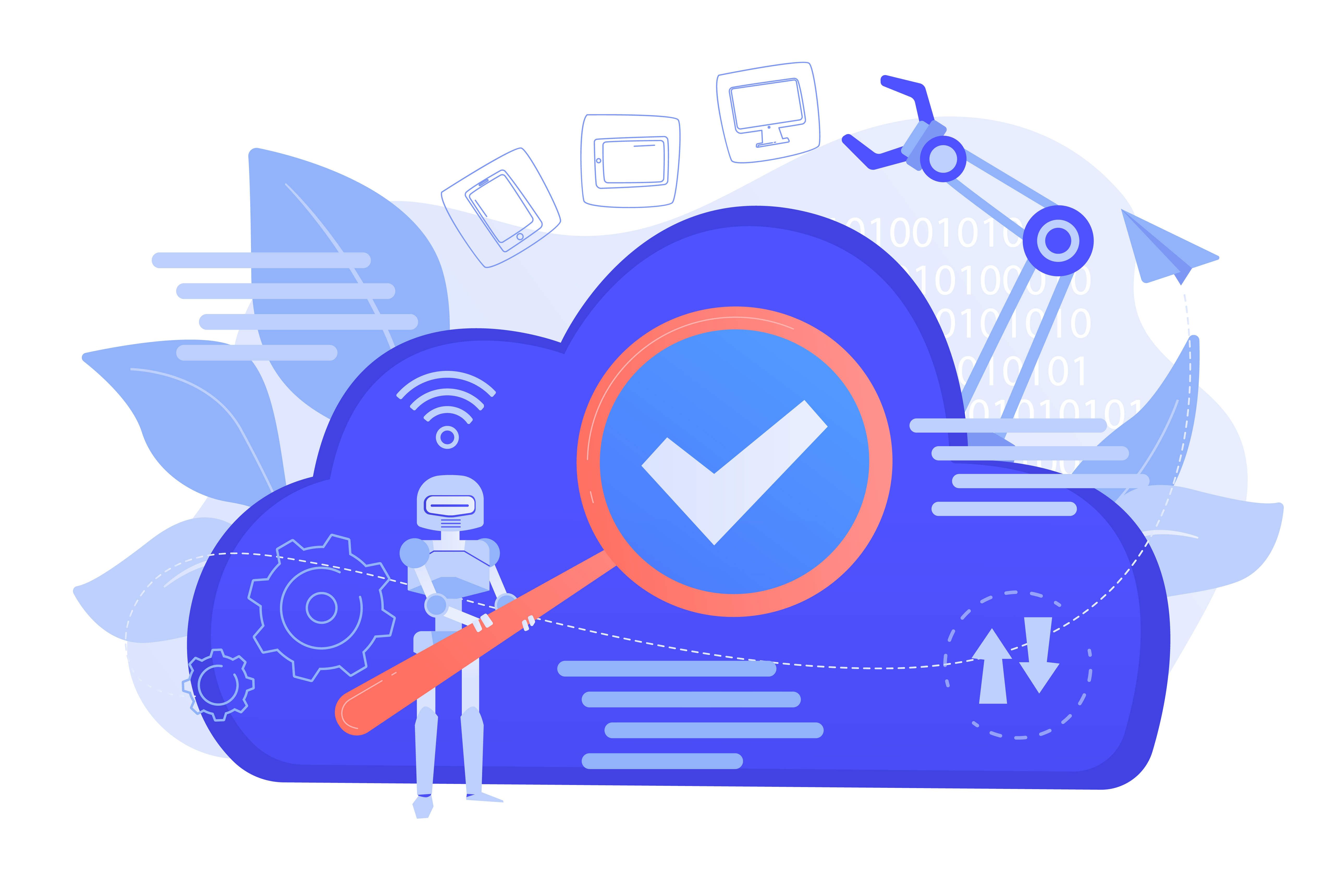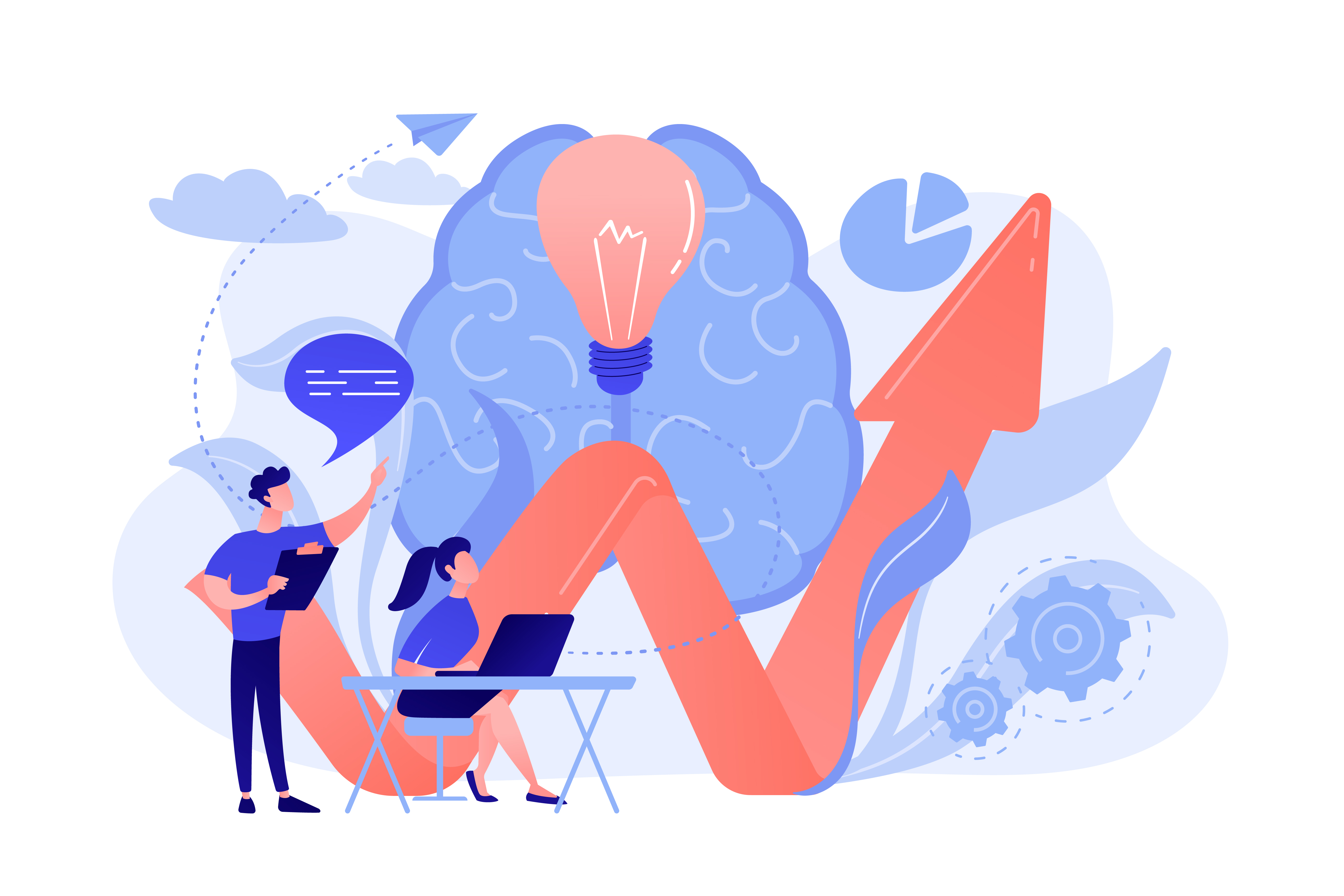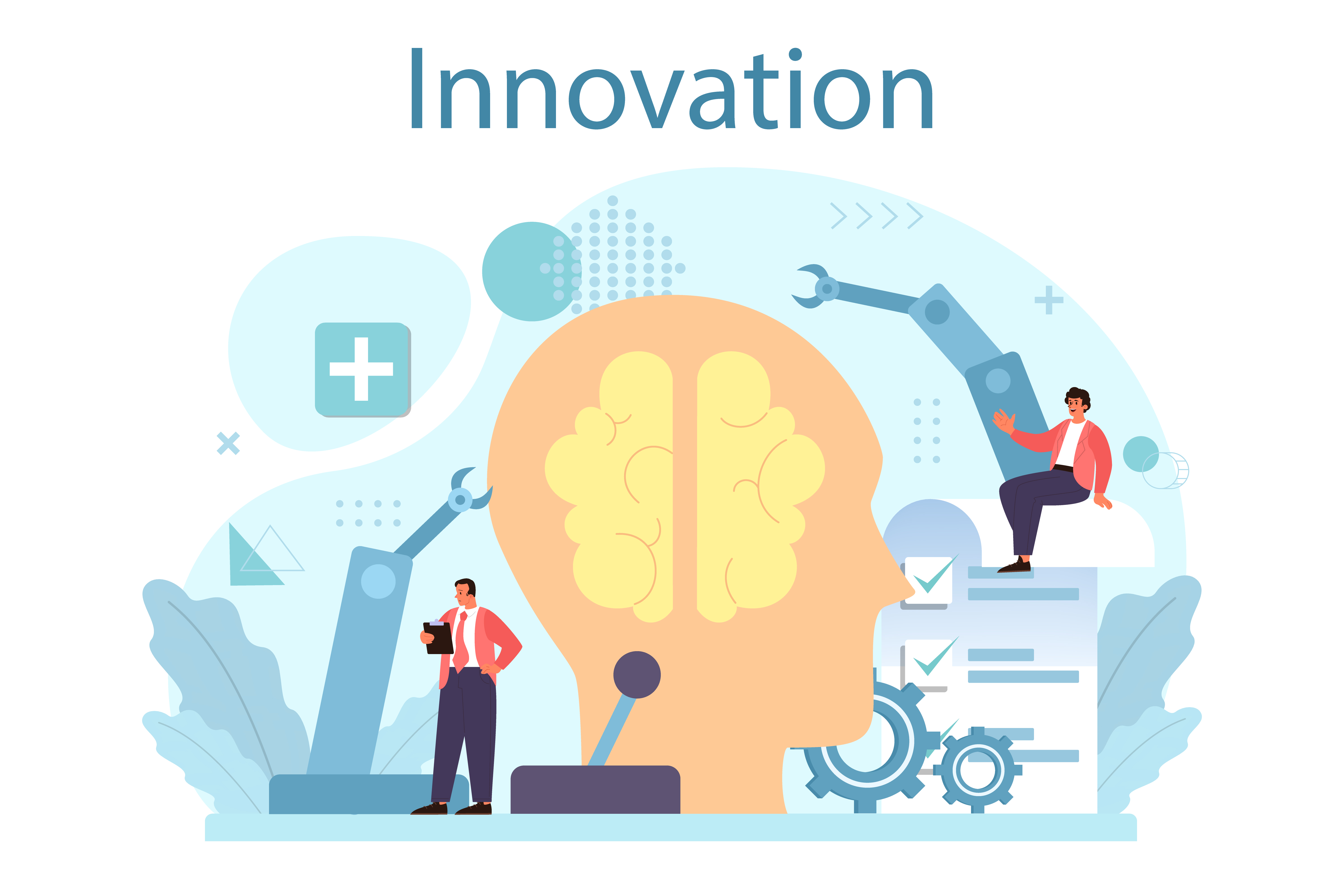- 08 Jul, 2025
- Agentic AI
Why Agentic AI Will Redefine Custom Software Development
We’re entering a new era of software engineering — one that’s no longer limited to traditional human-only development workflows. Thanks to Agentic AI, custom software development is becoming faster, smarter, and significantly more autonomous.
But what exactly is Agentic AI, and how is it reshaping the way we build software?
🔍 What Is Agentic AI?
Agentic AI refers to intelligent systems that can plan, reason, and act autonomously to complete complex tasks. Unlike standard AI models (which are reactive), agentic systems use memory, goal-setting, and tool integration to operate more like junior developers — with the ability to:
-
Analyze requirements
-
Choose tools or APIs
-
Write or revise code
-
Evaluate outcomes and iterate
This makes them ideal for automating many repetitive and logic-driven aspects of custom software development.
🧠 Traditional Development vs. Agentic-AI-Driven Development
| Workflow Step | Traditional Approach | Agentic AI Approach |
|---|---|---|
| Requirement Analysis | Manual interpretation | Auto-summarized from product docs |
| Code Generation | Human-written | AI-written with optional oversight |
| Testing & QA | Manual scripting & review | Agent-generated unit/integration tests |
| Debugging | Human trial/error | Multi-pass agent reasoning |
| Documentation | Often skipped | Auto-generated in Markdown/Swagger |
⚙️ Real-World Use Cases
-
Codebase Refactoring at Scale
AI agents can scan legacy code, identify patterns, and refactor modules with minimal disruption. -
Feature Prototyping
Developers can describe a new feature in natural language — the agent drafts the backend and frontend in minutes. -
Automated Testing Pipelines
Agents like SWE-agent can generate, execute, and evaluate unit tests while tracking coverage. -
Collaborative Software Engineering
Platforms like CrewAI or LangGraph enable multiple AI agents to work in teams, each taking on specialized roles (e.g., coder, tester, analyst).
🚀 Benefits for Development Teams
-
Faster delivery
Reduce cycle time from concept to deploy with automated build/test flows. -
Cost efficiency
Less time spent on repetitive dev tasks = more time for innovation. -
Scalability
Scale engineering output without scaling headcount linearly. -
Consistency & Quality
Agents adhere to rules, linting, testing frameworks without getting tired.
🛠 Popular Tools for Building Agentic AI in Dev Workflows
-
LangChain – Chains LLM outputs with tools, memory, and context.
-
LangGraph – Graph-based agent architecture for advanced workflows.
-
AutoGen – Framework for multi-agent task delegation.
-
CrewAI – Role-based agent collaboration system.
-
OpenAI GPT-4o or Claude – Language engines for intelligent reasoning and generation.
🔮 What’s Next?
Agentic AI won’t replace developers — it will empower them. Teams that embrace AI-assisted engineering early will gain a significant advantage in productivity, scalability, and innovation.
Just as cloud transformed infrastructure, Agentic AI will transform the entire software development lifecycle.
Ready to build your next project with AI-powered velocity? Let’s talk →







